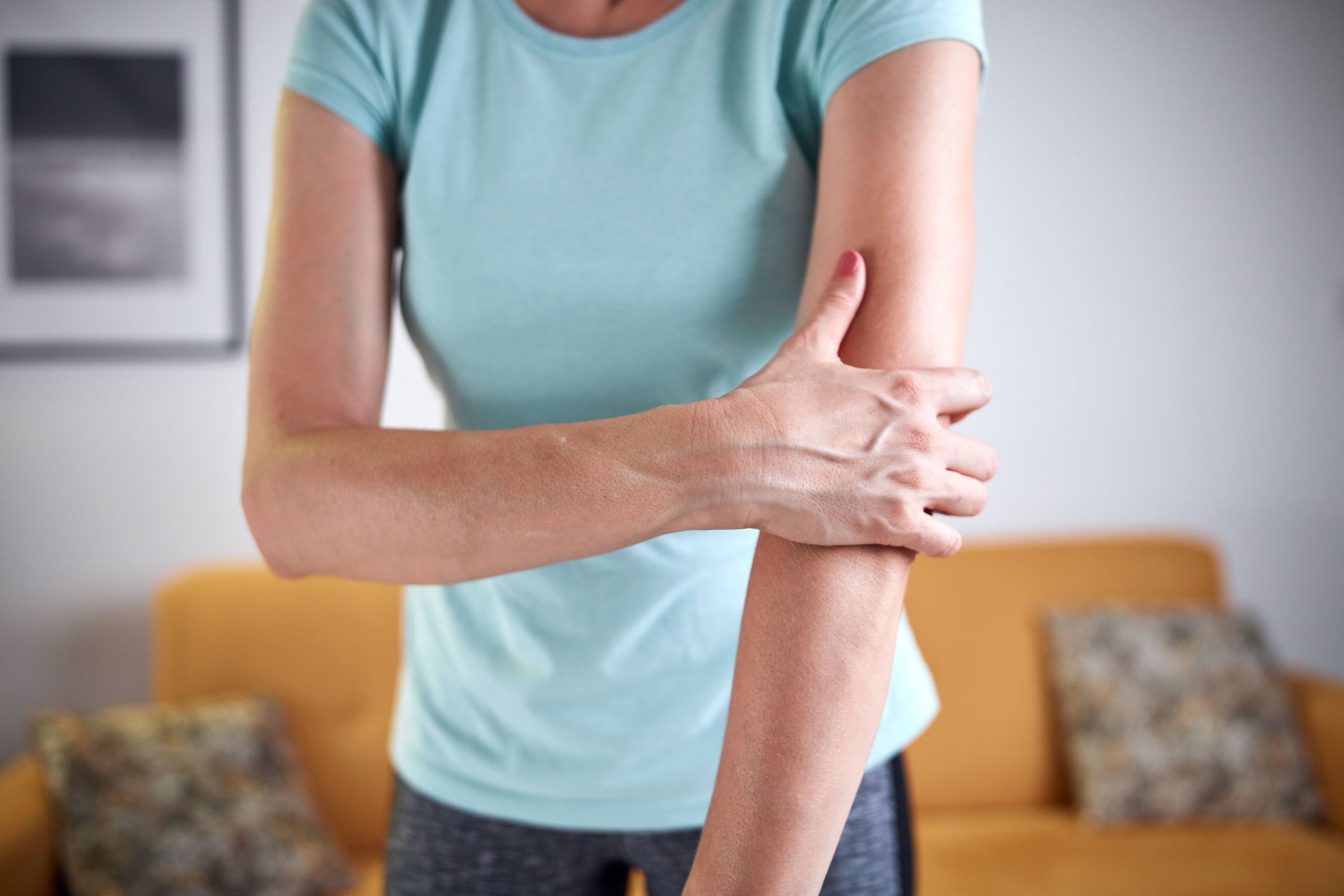If you have psoriatic arthritis, you know that symptoms like joint pain and stiffness can be worse when you wake up in the morning. Additionally, both psoriasis and psoriatic arthritis symptoms—such as itching and pain—may also interfere with sleep, wake you during the night and make it difficult to get back to sleep. Know that you are not alone, and that research has found that sleep disorders are more common among people who have psoriatic disease (compared to people without psoriatic disease).
If you are having difficulty sleeping due to psoriasis or psoriatic arthritis symptoms, it is important to discuss these difficulties with a healthcare provider. A different approach to your psoriasis treatment plan may be needed in order to get these symptoms under control.
The importance of sleep
Even if you do not believe that your problems with sleep are the result of psoriasis or psoriatic arthritis symptoms, you should still discuss these problems with a healthcare provider. Sleep is an important component of overall wellness, and if you are looking to be more physically healthy, maintain a healthy weight and improve mental health, healthcare experts emphasize the importance of sleep. Too little sleep even contributes to inflammation—which is something anyone with psoriatic disease wants to take steps to avoid.
In addition to talking to your healthcare provider, if you have psoriatic arthritis, the following tips may help alleviate discomfort and take some stress off of your joints during the night.
The importance of the right position
Avoid sleeping on your stomach, since this position flattens the natural curve of the lower back. This can make symptoms worse for people who have arthritis in their back, as well as for people who have lower back pain for another reason, such as an injury. It is better to sleep on your side or your back, though sleeping on your side can be difficult if you have hip pain, and sleeping on your back can exacerbate sleep apnea. If you have hip pain, try placing a pillow between your knees when you sleep on your side to keep your hips at their natural alignment; if you have pain only in one hip, try sleeping on the unaffected side. If you have sleep apnea, talk to your healthcare provider—sleep apnea requires treatment.
If you must turn over onto your front in order to sleep, minimize the stress on your lower back by putting some support under your hips to lift them and bring your body back into proper alignment (a pillow should do the trick). Use a slim pillow under your head, or no pillow at all.
The importance of the right pillow
People who have psoriatic arthritis in the neck will want to pay attention to the type of pillow they use. The goal is to support the neck muscles. Avoid pillows that are stiff and flat and instead opt for a pillow that can be shaped to the contours of your neck and head, such as buckwheat, feather, latex and memory foam pillows.
If you sleep on your back, you want a pillow that keeps the neck in a neutral position by filling the space between the neck and mattress. If you sleep on your side, your pillow or pillows should be high enough to keep your neck in a neutral position, but not too high—you don’t want your head tilting down toward the mattress, or up toward the ceiling.
In either case, keep the pillow beneath your head and neck, but not beneath your shoulders. You may also want to speak with your healthcare provider about wearing a soft collar, which can support your neck during the night. You may also consider trying a full-body pillow that you can adjust and mold to your frame to find a comfortable sleeping position.
Medically reviewed in November 2020.





